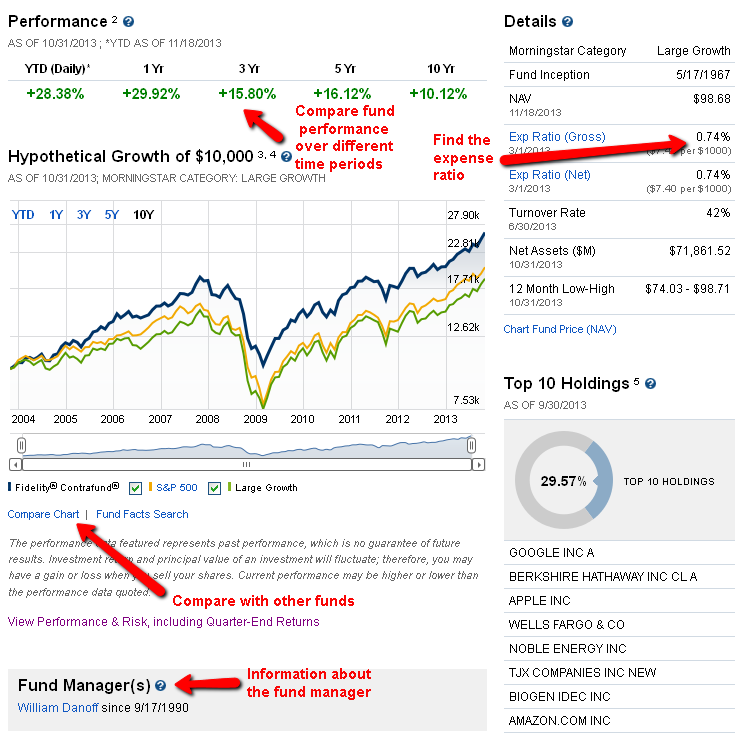How to Pick a Winner 401(k)
Post on: 10 Июль, 2015 No Comment

Discussion Boards
Of all of the questions that have confronted man since the dawn of time, the most oft-repeated and enduring one is probably, What’s for dinner? A close second is, Why isn’t there anything decent on TV tonight? Now, a new question increasingly crowds its way into mainstream conversation: Which mutual fund should I go with? (On a vaguely related note, you might not have known that the most frequently repeated line in movies is Let’s get out of here. Pay attention the next time you go to the movies — it’ll be in there. You may be wondering whether all of that is strictly relevant at this point. It may or may not be, but you’ll have to keep reading to find out.)
Tens of thousands. no, hundreds of thousands. no, quite literally, millions of words have been written about mutual funds in recent years in various attempts to answer the question, Which mutual fund should you go with? A lot of those words are advertisements, meant to create the impression that some particular fund family or fund manager is the one to be investing your money.
There are articles on how to pick the winners. How to get in and out of which funds at which times. There are hundreds of articles on the merits of diversifying your portfolio by holding a number of different funds.
We’re going to boil down all of the information that you’ll ever need to know in as short a form as possible — but, just to make it more fun, we’ll test your linguistic abilities by presenting the answer in the form of a question, Jeopardy-style — and in different languages.
The answer: Over time, the absolute best performing type of stock mutual funds, bar none.
And the question:
In Portuguese, O que sao fundos de deslocamento predeterminado?
In German, Was sind dynamische Investmentfonde?
In Italian, Che cosa sono fondi monetari di indice?
In French, Ce qui sont des fonds indiciels?
In Spanish, Cuales son fondos de indice?
In pig latin, Atwhay areway indexway undsfay?
Okay. You really should have been able to figure it out from the pig latin. But if you couldn’t, now imagine Alex Trebek is holding a card in his hand and intones, a little disappointedly, I’m sorry. The answer we were looking for, ‘What are.index funds?’

The crowd murmurs with appreciation, as if they knew that fact all along. Actually, most of the crowd does know the answer at this point. That stock index funds, especially those that track the Standard and Poor’s 500 Index, outperform the vast majority of actively managed equity mutual funds year in and year out is something virtually everyone involved in the mutual fund industry knows — but it’s not something that they’ll tell you.
Oh. Sorry there. We might have gotten a little ahead of ourselves, because, even though you’ve now got the answer as to what type of fund to buy, you might, if you’re Foolish, be wondering, Aside from being the best performing funds, what are stock index funds. Tell us more.
Glad you asked. Stock index funds seek to match the returns of a specified stock benchmark or index. An index fund simply seeks to match the market by buying representative amounts of each stock in the index, rather than hiring a manager to make bets on individual stocks or sectors or investment strategies. Index funds do not even attempt to beat the equities market, they simply seek to come as close as possible to equaling it.
Sound simple? Sound like aiming too low? It isn’t. The majority actively managed equity mutual funds over time lose to the market averages. Many of the funds that do beat the average market return typically do so for only a very short period of time, and then quickly reverse course.
Stocks, as measured by the S&P 500 Index. have historically returned more than 10% per year since 1926. Before moving on, one thing should be made clear. A lot of people think that the most popular index, the S&P 500, is the only index. It isn’t. Index funds that match the broader market such as the Wilshire 5000 are also excellent places to be invested. There are even index funds that match the returns of foreign markets. though such funds have not been very good places to be invested of late.
Hey, maybe we haven’t convinced you that equity index funds are the way to go. But did you know that if you listen to people who make it their careers to know everything about individual mutual funds, you’ll potentially cost yourself maybe half (maybe more) of all the money you stand to save in your 401(k)?
Sound impossible? The scary story of what happens to those who listen to the experts is but one click away .














